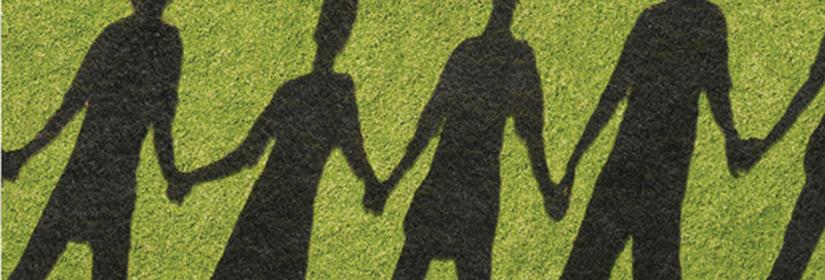 Leslie Morrison Gutman, Heather Joshi, Michael Parsonage and Ingrid Schoon
Leslie Morrison Gutman, Heather Joshi, Michael Parsonage and Ingrid Schoon
Children of the New Century: Mental health findings from the Millennium Cohort Study looks at the mental health of 11-year-old children living in the UK. The report finds that about one in ten (10.3 per cent) 11-year-olds in the UK has a mental health problem according to parents – or eight percent as reported by teachers, with symptoms including hyperactivity, conduct problems and peer problems as well as emotional problems.
The report shows that children from the lowest income families are four times more likely to have mental health problems than those from the highest earning backgrounds. It also suggests that not living with both natural parents is associated with mental health problems in children. Geography too has an impact – 11-year-olds in Scotland have a significantly lower prevalence of hyperactivity and peer problems than those in the rest of the UK.
The MCS is a longitudinal study following a large sample of children born in the UK at the start of the 21st century. It measures children’s mental health using a questionnaire based on reports from parents and teachers in the previous six months. This questionnaire distinguishes between conduct problems, hyperactivity and inattention, emotional problems and peer problems.
The figures also show that rates of mental ill health are similar to those found in previous surveys from 1999 and 2004, and if anything slightly lower. Despite concerns about growing levels of mental ill health among children, these figures imply that overall prevalence is falling slightly but that levels of distress are still far higher than available services are able to deal with.
Finally, the study shows that mental health problems are twice as common among boys aged 11 than girls, with behavioural problems occurring much more frequently among boys than girls.
Future surveys will tell us whether these patterns stay the same among older children or if they change during adolescence. But what we can say with confidence now is that by the time they leave primary school, 20% of children will have experienced mental health problems at least once in their lives.


